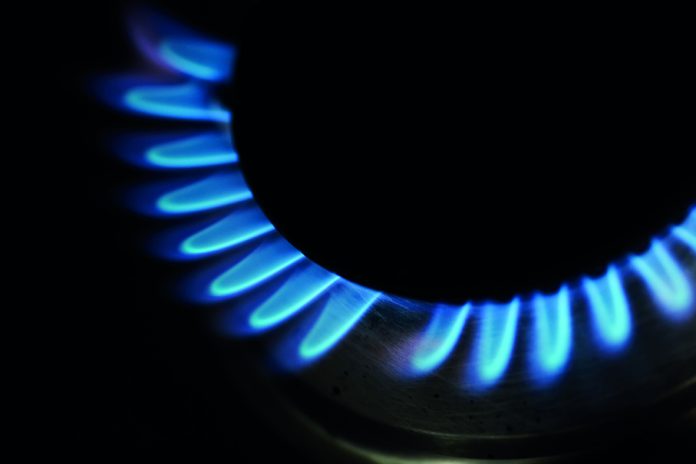The existing RGI scheme requires any person carrying out gas works to be used by a domestic customer to register as a Registered Gas Installer (RGI) with the RGII.
Now, with the expansion of the scheme, all professionals working on non- domestic gas works will have to register to have their qualifications validated prior to finalising scheme entry requirements. It is expected that the new regulation requiring mandatory registration of non-domestic gas installers will commence in January 2019.
The extension of the RGI scheme to include non-domestic gas works follows extensive consultation with stakeholders and will
promote higher safety standards for commercial consumers. The extension of the scheme follows a number of serious incidents, including the tragic death following a gas explosion in a launderette in Killarney in 2013.
Consumers should only use Registered Gas Installers to carry out both domestic and non- domestic gas works from this date. By using an RGI, customers can have confidence that they are dealing with a trained installer who has the required expertise in gas safety to ensure their gas installation is safe.
Any installers that carry out either domestic or non-domestic gas works after this point who are not registered with the new RGI scheme, will be subject to prosecution. It is a criminal offence for any individual or company to undertake domestic gas works if they are not a Registered Gas Installer. The CER regularly carries out investigations of domestic gas works and has successfully prosecuted over 20 cases in the last three years.
The scope of the RGI scheme will be extended to include non-domestic gas works in 2019 and will include pipework, space heating, hot water, catering, laundry, power generation and Combined Heat and Power (CHP) installations. According to the CER, submitting provisional registration details will not guarantee acceptance onto the mandatory register when it opens in 2019.
The CER’s Commissioner for Energy Safety and Chairperson, Dr Paul McGowan said, “The regulation of non- domestic gas installers will improve public safety. It will give confidence to consumers that the installers are competent, insured and subject to inspection to ensure their work is undertaken to the required standards.
“It will also standardise the training requirements to become a non-domestic registered gas installer. The opening of a provisional register for non-domestic gas installers is an importance step in extending the RGI scheme. “This is a positive development that will provide domestic and now non-domestic customers with an additional level of comfort and peace of mind that the gas works being undertaken is being done by a qualified and registered professional.”
T: 00353 (0)1 499 7998
W: www.rgii.ie
W: www.cer.ie











